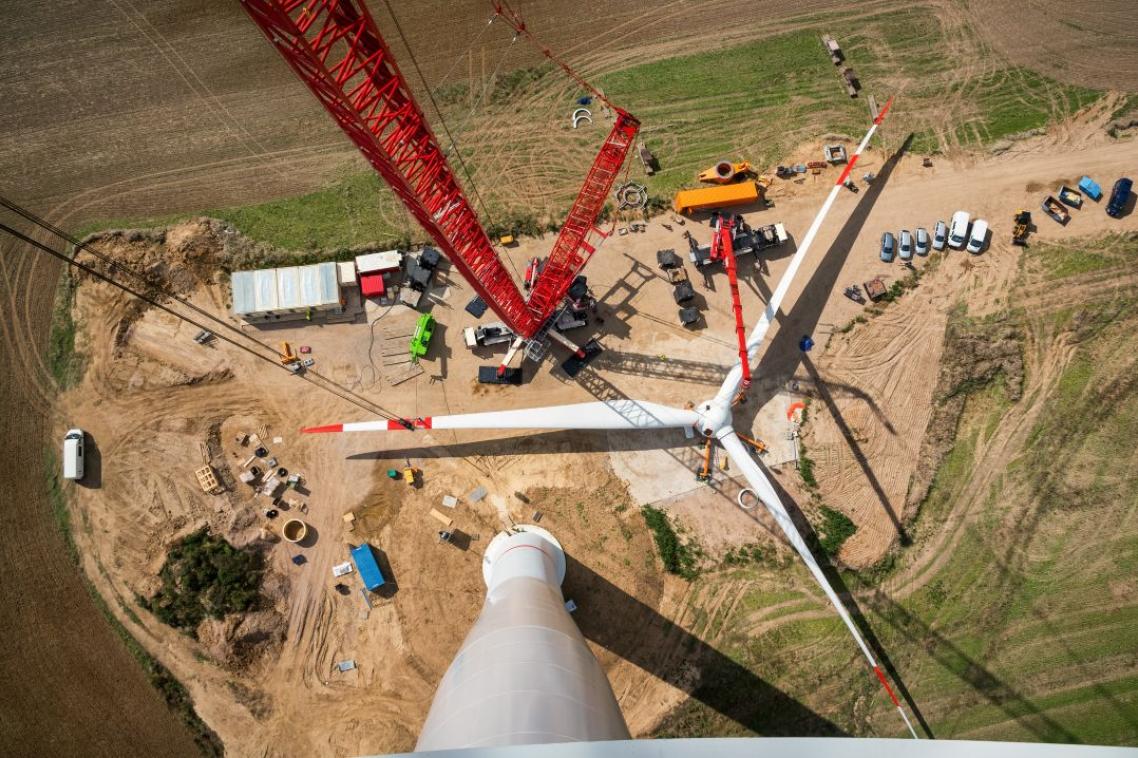AI creates and replaces tech jobs at speed, UQ research finds

(Photo credit: Kannapat / Adobe Stock. )
Dr Evan Shellshear from UQ’s Business School used a database of more than 3000 occupations and almost 14,000 skills to analyse job trends in the wake of AI.
The aim was to understand which job skills will be critical for the future by determining the ones AI can automate.
“Although advancements in technology like AI are leading to new skills, it is also simultaneously automating skills,” Dr Shellshear said.
“So, we are seeing new jobs arise and disappear very quickly.
“From an education or policy perspective, we need to slow down and be a little bit careful because just as quickly as these skills are arising, they are being automated – which is fascinating.”
Dr Shellshear, with co-author Kah Wee Oh, used the European Skills, Competences, Qualifications and Occupations (ESCO) database to analyse job trends.
ESCO is the European multilingual classification of skills, competences and occupations and works as a dictionary by describing, identifying and classifying professions and skills.
He said the data set, established in 2017 and regularly updated, was far more expansive and accurate than many other forms of research around AI, which often involved scraping job sites and advertisements to identify trends.
The researchers looked at which roles were unlikely to be automated by AI, with professions involving communication, collaboration and creativity, management skills, and assisting and caring found to be the most resilient.
Dr Shellshear said examples of jobs that could be “automated away” included language translators, call centre roles and reporting functions positions (such as the writing of financial reports).
Management consultants, engineers and doctors were unlikely to be at risk.
Closing the gap
The researchers also looked at whether professional roles were becoming more unattainable for people without a university degree due to the impact of AI – with a surprising result.
“We asked the question of whether we are seeing high-skilled jobs requiring even more skill,” Dr Shellshear said.
“What we noticed is that AI is reversing some of that as different processes become automated.
“The gap between high-skilled jobs and low-skilled jobs is diminishing.”
The study found 41.5 per cent of all new skills in the data set were likely to be automated by AI within the next 5 years.
“The idea around us potentially thinking about what AI should or shouldn’t do is not something we can control,” Dr Shellshear said.
“Whether we like it or not, if AI can do a task that a human can do 10 times more efficiently, companies will adopt it.
“What we have shown over the last 50 years is the ability to adapt, and to be ready when that adaptation is needed is critical.
“We can’t wait until tens of thousands of people have lost jobs because, for example, robots can weld better than humans working on production lines.
“It is important to know that it is coming and to know which skills will be in demand and where the growth opportunities are.”
The research was published in the European Journal of Management Studies.
Topics
Related articles

Switching off the huge Gladstone coal station in 2029 will cause problems. It needs a longer, smarter phase-out

The most important mineral for clean energy isn’t what you think
Media contact
UQ Communications
communications@uq.edu.au
+61 429 056 139
